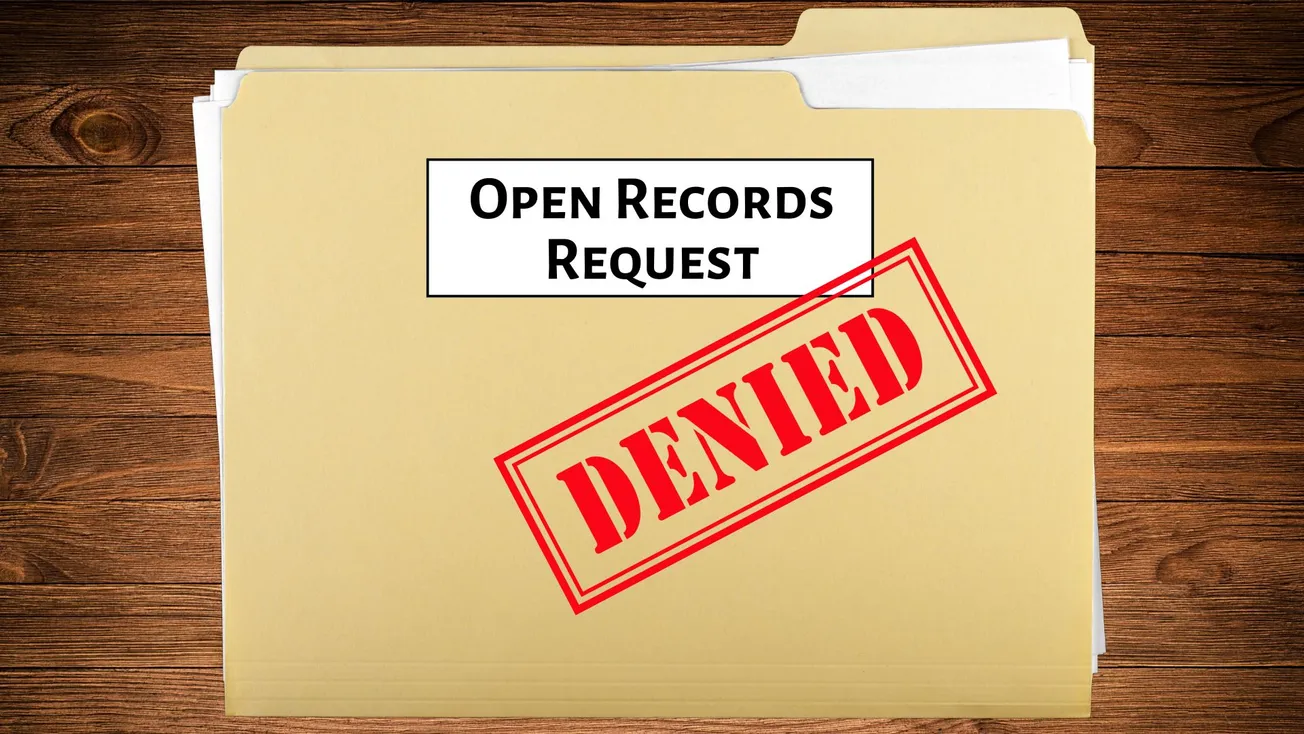The Kentucky Attorney General’s Office recently ruled in favor of the Department of Juvenile Justice (DJJ) regarding its denial of additional records requested by Herald-Leader journalist John Cheves. Cheves, a journalist noted for his recent focus on juvenile justice issues, had sought access to substantiated grievances filed by youth at specific facilities, along with the Department’s responses, from January 1, 2023, to the present. The decision, outlined in 24-ORD-098 on April 15, relied the Department’s assertion that it had adequately responded to the records request under the provisions of Kentucky’s Open Records Act.
Cheves’ request was initially denied based on KRS 610.320(3), a law designed to protect the privacy of juvenile records. After the Cheves initiated an appeal, the DJJ reconsidered its denial and wrote that it “provided the Appellant with a copy of all substantiated youth grievances…along with the written responses to the substantiated youth grievances.” Cheves, however, still claims the DJJ has not yet provided all responsive records, according to the decision.
The Attorney General’s Office reviewed the case. The Office concluded that the Department of Juvenile Justice had complied with the Open Records Act by providing all documents deemed responsive to Cheves’s request. The ruling stated that the Attorney General’s Office could not adjudicate factual disputes over whether all relevant records were included, as their role does not extend to resolving such discrepancies.
This ruling highlights the procedural nature of disputes under the Open Records Act, focusing strictly on legal compliance rather than broader questions about administrative transparency or the effectiveness of juvenile justice policies. As such, it leaves open questions about the accessibility of information necessary to evaluate public institutions fully, especially those dealing with vulnerable populations.
--30--
Written by Paul Oliva. Cross-posted from the Lexington Times.
Comments







